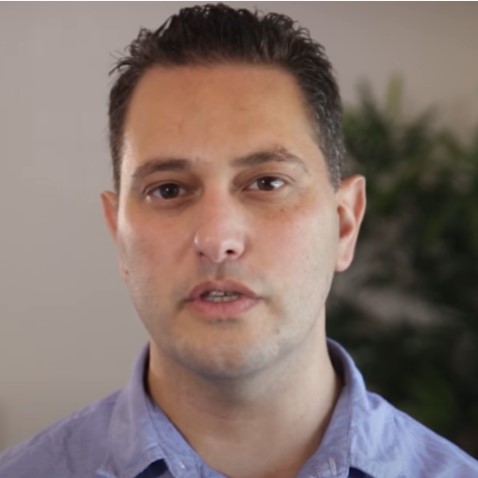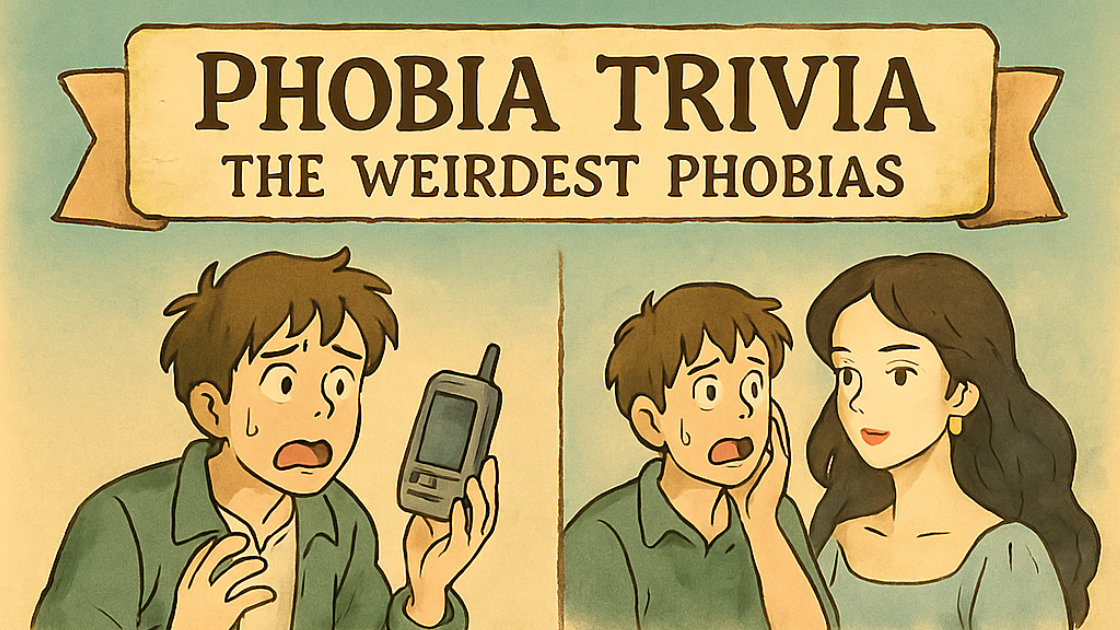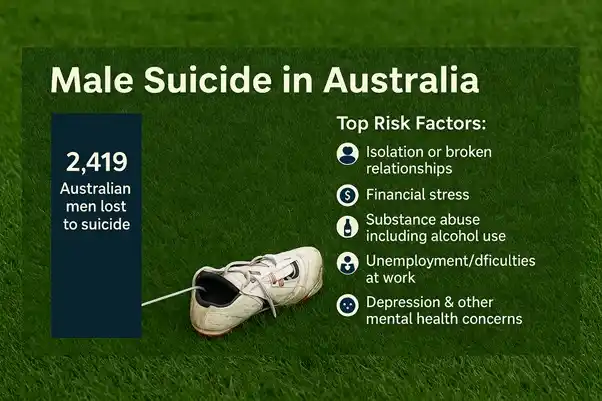Coping with abandonment feelings
Abandonment feelings can be some of the most difficult emotions to bear. The sense of isolation, loneliness, hurt, rage and hopelessness that often present with abandonment feelings make the experience even more daunting and excruciating. No wonder so many of us run around trying to avoid acknowledging or experiencing abandonment feelings in their full force.
Where do abandonment feelings come from?
Abandonment feelings typically have their origin early in life when caregivers (usually our parents) fail to provide us with enough care, attention, admiration and love. Abandonment feelings often arise in people with depression, especially anaclitic depression and also tend to manifest in individuals with dependent or borderline personality traits. Such individuals can struggle tremendously to manage separations from loved one’s because of the abandonment feelings the separations provoke. They also struggle to maintain an understanding of their identity and who they are in the absence of acknowledgement and acceptance from a perceived significant other.
What happens with abandonment feelings and fears during therapy?
During psychotherapy, it is inevitable that abandonment feelings will arise if there is an early history of feeling abandoned (which can include actual death, parental divorce, betrayal, a lack of attention and attunement, abuse and neglect). In the therapy relationship, your therapist attends to you very closely and helps to identify some unmet emotional needs from earlier in life. However the therapy involves important boundaries to primarily protect the patient, so not all requests and desires can be met. This may include physical contact (hugs, hand holding), and between session contact. While the emotions that are triggered can be incredibly distressing, when they are spoken about and understood in the therapy and there is an opportunity to grieve and rage over their true origins, it helps to quell these responses. This may take many, many months or sometimes years and it is normal to want to run away from treatment when the abandonment feelings become intense. It is paramount that you resist this urge because your abandonment feelings will simply follow you around until you stop and begin to process, understand and accept them.
How can I get some relief from my abandonment feelings?
In the meantime it is important to begin to develop ways to manage abandonment feelings when they do arise to make the experience more bearable. Some possible self soothing strategies include:
- Curling up in bed
- Taking a bubble bath or shower
- Going for a walk
- Playing sport
- Reading
- Watching a favourite DVD or TV show
- Writing
- Spending time with a friend or loved one
- Hugging a cushion or soft toy
Many of these suggestions come from Marsha Linehan’s dialectical behaviour therapy (DBT) which was originally designed to assist people with borderline personality disorder manage their intense and distressing emotions. It is important to remember that having abandonment feelings doesn’t necessarily mean you have borderline personality disorder.
Here are a couple of blogs written on this topic you might find useful:
What Are Australians Most Afraid Of? N...
From snakes and spiders to needles and ghosts, fear takes many forms. But what do Australians fear most in 2025? At Bayside Psychotherapy, our expert.
Is It Time For The AFL To Cast A Menta...
At Bayside Psychotherapy we are passionate about mental health and like many fellow Melburnians, many on our team are avid AFL fans. So when two of our .
Exploring Emerging Therapies: Understa...
At Mind Medicine Australia, we are dedicated to transforming the trea.












